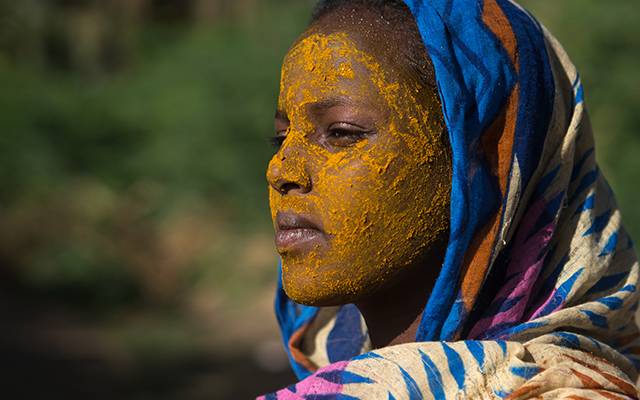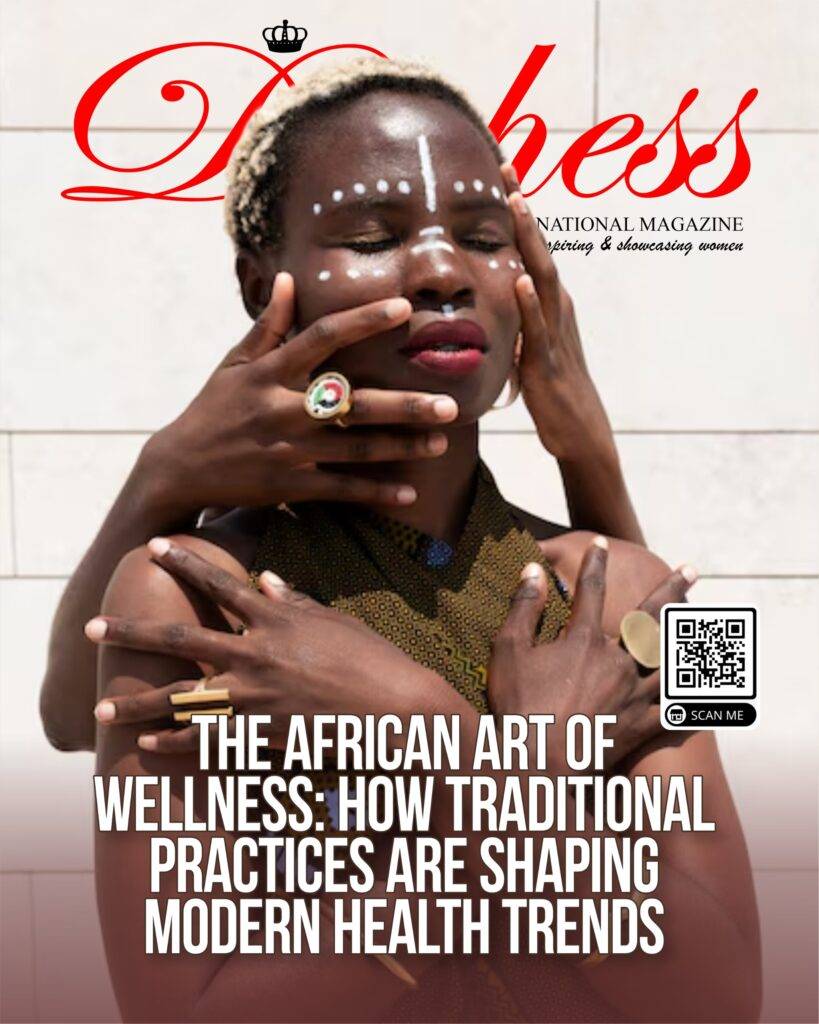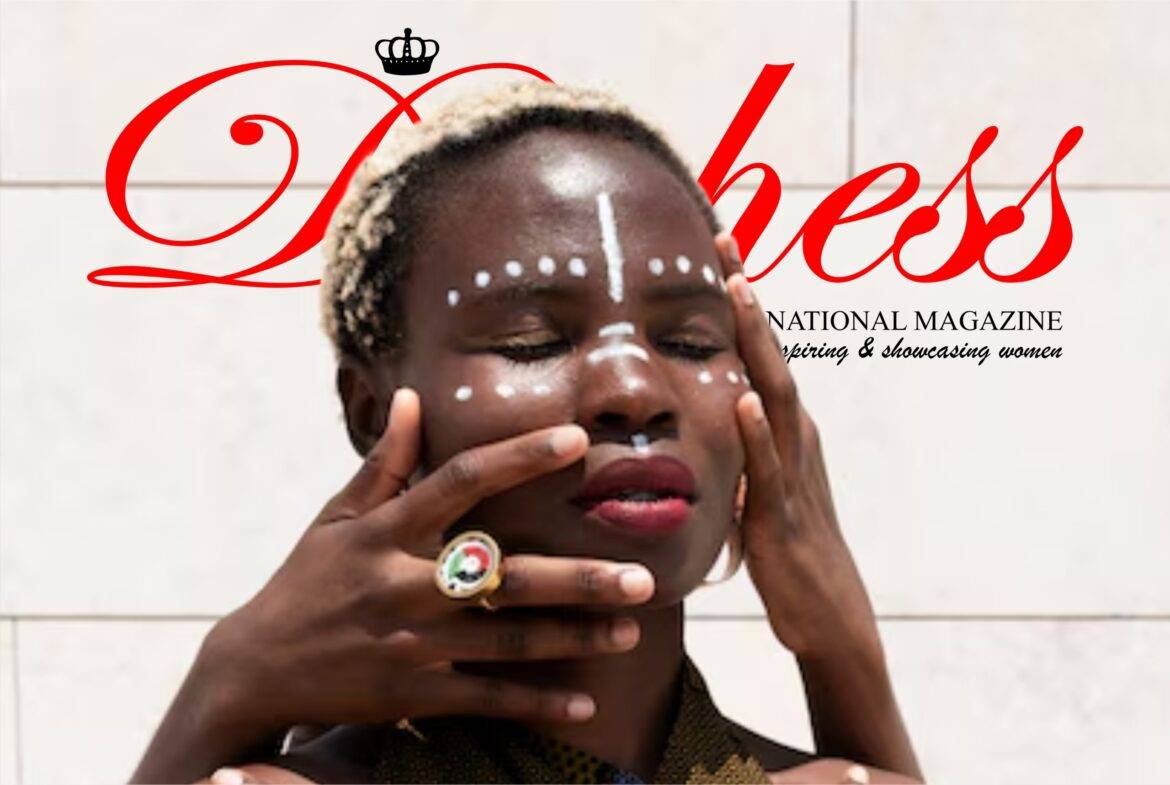Across Africa, centuries-old wellness practices are emerging as transformative tools in the global health industry. From herbal medicine to spiritual healing, African traditional medicine offers a rich repository of holistic practices that combine physical, emotional, and spiritual well-being. These ancestral methods, deeply rooted in cultural traditions, are gaining renewed attention for their potential to complement modern healthcare.
One cornerstone of African wellness is herbal medicine. Plants like aloe vera, baobab, and moringa are celebrated for their anti-inflammatory and immune-boosting properties. Traditional healers often use these botanicals to address the root causes of ailments, creating remedies that go beyond symptom management. This resonates with the growing global demand for natural and sustainable healthcare options.

Spirituality also plays a vital role in African wellness. Practices such as divination and ancestral veneration provide a sense of connection and purpose, often aiding mental health. These rituals foster a balance between the individual and their environment, aligning with modern psychology’s emphasis on holistic health.
Incorporating these traditional methods into contemporary wellness is not without challenges. Issues like standardization, safety concerns, and the need for scientific validation remain pressing. Yet, governments across Africa are increasingly supporting research and policy development to integrate these practices into formal healthcare systems. For instance, countries like South Africa and Nigeria have initiated regulatory frameworks to ensure quality control for traditional remedies.
Globally, the influence of African wellness is unmistakable. Practices like the use of shea butter, black soap, and meditation rituals rooted in African traditions have found their way into mainstream wellness markets. The West’s increasing adoption of these practices speaks to their universal appeal and efficacy.
However, critics argue that commercialization risks stripping these traditions of their cultural context. Efforts are underway to safeguard intellectual property rights and ensure that local communities benefit equitably from the global success of their heritage.
Another layer of complexity is the integration of traditional medicine with modern healthcare. While collaboration between traditional healers and modern practitioners shows promise, it requires mutual respect and shared protocols. Recent programs in East and West Africa demonstrate the potential of such synergies, particularly in rural areas where access to modern healthcare is limited.

The rise of integrative medicine—a blend of traditional and modern practices—offers a roadmap for the future. This approach harnesses the strengths of both systems to provide comprehensive care, underscoring the relevance of African traditions in solving contemporary health challenges.
As African wellness practices gain global traction, they underscore an important lesson: healing is not just about curing diseases but fostering harmony within oneself and with the environment. This ethos, central to African traditions, is inspiring a redefinition of wellness worldwide.

With increased awareness, collaboration, and regulation, African traditional medicine stands poised to enrich global health systems. For a continent often sidelined in global narratives, its wellness traditions offer a powerful reminder of its cultural and medical ingenuity.



